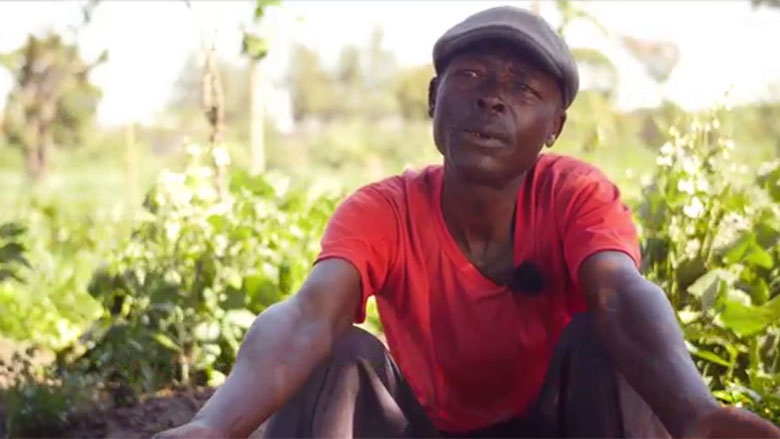MAPUTO, December 12, 2016 – Mozambique’s economic outlook is uncertain as it faces an ongoing economic downturn compounded by the fallout from the discovery of hidden debts earlier this year, according to the World Bank’s latest economic analysis for the country.
While low commodity prices, drought and conflict contributed to economic slowdown, the Mozambique Economic Update (MEU): Facing Hard Choices says the discovery of $1.4 billion in previously undisclosed commercial borrowing has dented confidence in the country, and derailed its track record for high growth and economic stability. Following three consecutive quarters of slowing economic activity in 2016, the MEU forecasts gross domestic product (GDP) growth for the year at 3.6%.
According to the report, the metical depreciated by 42% against the U.S. dollar in the first 10 months of the year. The weaker metical accelerated the pace of inflation, which reached 25% in October. Food price inflation increased to 40%, making the high food prices the most acutely felt symptom of the ongoing economic downturn by Mozambicans, according to the MEU.
The report also notes that foreign direct investment and exports are projected to fall by 17% and 8%, respectively, in 2016.

